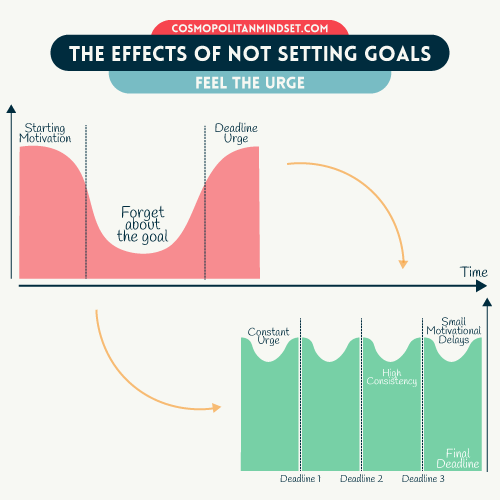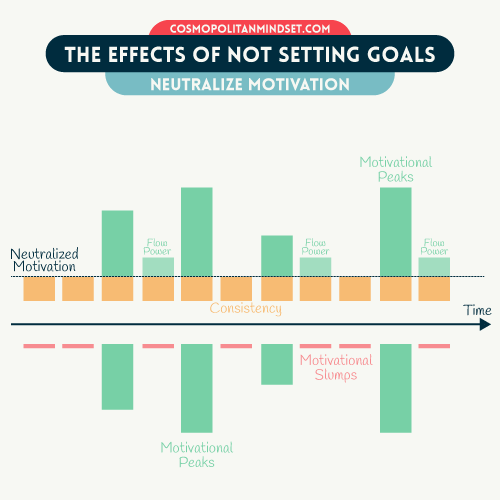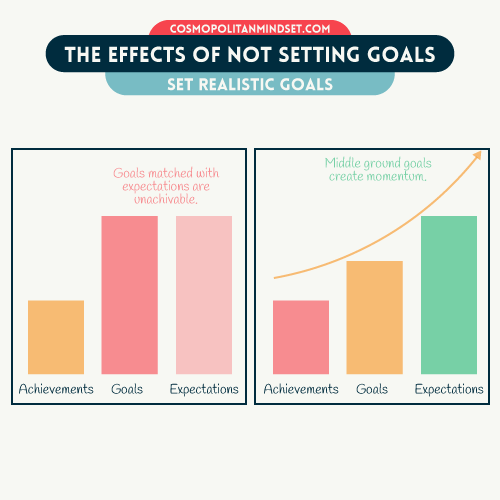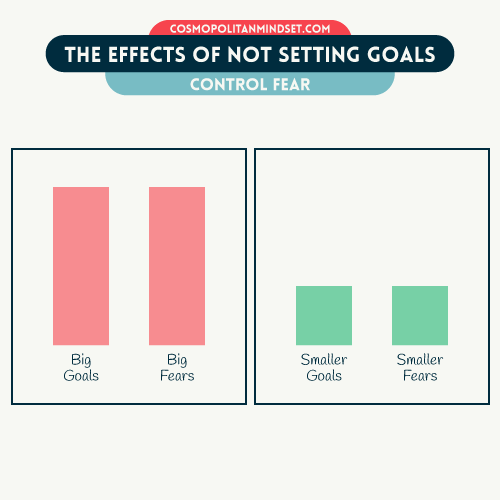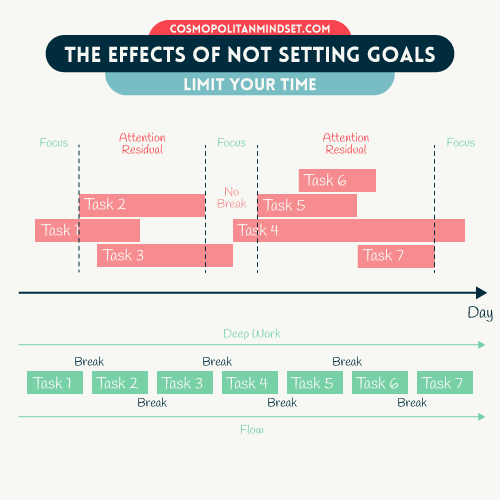Unlocking Your Potential: The Importance of Goal Setting
Written on
Understanding the Importance of Goals
In recent months, I have found that neglecting to set goals has resulted in accomplishing far less than I had anticipated. After starting a new job, I paused my goal-setting practices, relying on my consistency to manage my responsibilities. Unfortunately, that approach fell short.
I began to lose motivation, finding endless excuses to abandon my efforts. As a consequence, I nearly jeopardized my side project due to the absence of clear objectives. If you aim to achieve anything substantial, establishing goals is a crucial step. Without them, you may fall significantly short of your aspirations.
Why Are Goals Essential?
The self-improvement sector is rife with a fixation on goals, which can often feel overwhelming. This pressure can lead to stress if your goal-setting practices aren't aligned with your capabilities. Research conducted by Locke and Latham indicates that setting goals enhances performance by providing essential direction and focus. Similarly, Bandura's work shows that specific and challenging goals can boost self-efficacy.
Further studies by Gollwitzer and Sheeran demonstrate that goal-setting aids individuals in planning and prioritizing actions, optimizing their time and resources. Additionally, Emmons and McCullough found a positive link between achieving goals and improved happiness and well-being.
Neglecting to set goals can have surprising repercussions on your performance. You risk diminishing your self-efficacy, squandering time, and experiencing a decline in overall happiness.
Often, individuals avoid setting goals for two main reasons: either they have never tried or they have faced repeated failures. However, there are six proven strategies to effectively work with goals and mitigate the adverse effects of not having them.
The Unexpected Consequences of Not Setting Goals
Beyond unproductive work, failing to set goals can lead to unexpected challenges, such as becoming stuck in repetitive cycles. Without established objectives, you may not realize the quality of your work until it's too late, leading to stress and potential burnout.
Implementing S.M.A.R.T. goals allows for better control and refinement of your plans, ensuring they remain relevant and effective. Here are six valuable lessons I learned from my experiences:
- Cultivate a Sense of Urgency
It's easy to fall into a time illusion when pursuing long-term goals, leading to procrastination. Initially, motivation may drive you, but over time, the urgency fades. To combat this, break larger goals into smaller, manageable tasks to create a sense of immediacy.
- Neutralize Motivation Fluctuations
While motivation can be a powerful tool, it is often unreliable. Instead of relying solely on motivation, develop consistent habits. Establish specific times for tasks or set daily goals to ensure you remain on track.
- Set Achievable Goals
Many people make the mistake of setting unrealistic goals due to an initial surge of enthusiasm. This can lead to disappointment and failure. Instead, aim for achievable benchmarks. Start with small goals and gradually increase their complexity.
- Manage Fear Effectively
As deadlines approach, a healthy level of fear can enhance focus and productivity. However, fear can easily morph into panic, hindering your ability to start or complete tasks. To prevent this, begin with simpler tasks to build confidence.
- Establish Reliability Systems
Accountability can significantly improve your consistency. Consider forming an accountability partnership or using applications that help you stay on track. Knowing someone else is monitoring your progress can motivate you to remain committed.
- Limit Time for Tasks
Effective time management is crucial. Utilize time-blocking strategies to allocate specific periods for each task. This practice will help you respect boundaries and prevent burnout, allowing for better focus and productivity.
Final Thoughts
Living without goals can feel aimless, leading to a constant search for purpose that is ultimately unfulfilling. Without them, you may find yourself stuck in unproductive cycles, stressing over unresolved issues. Goals provide clarity, enabling you to focus on tasks and identify areas for improvement. Therefore, never underestimate the power of goals in your journey toward success.

The Challenge
Receive top-notch content creation infographics directly to your inbox! Join The Challenge.
The first video, "Why You Should Stop Setting Goals (Yes, Really) | Emmanuel Acho | TED," explores the potential drawbacks of traditional goal-setting methods and offers fresh perspectives on how to approach personal growth.
The second video, "The Science of Setting & Achieving Goals," delves into the psychological principles behind effective goal-setting and how it can lead to greater achievement and satisfaction.
